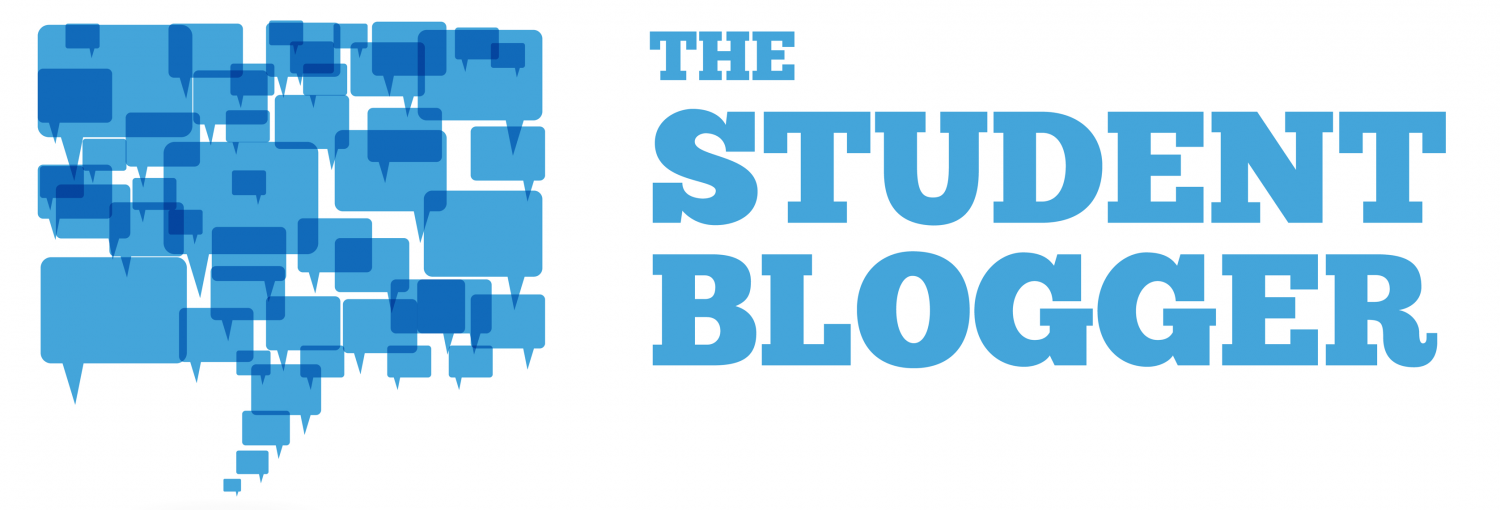
Since the introduction of tuition fees – and their subsequent growth – the cost of being a university student has spiralled.
Sadly, upon graduating, those costs don’t just suddenly disappear, as new outgoings will more than happily take their place almost immediately. While the majority of people will have student loans to repay, there are entirely new costs that will spring up, welcoming you to the working world and adulthood.
The reality of graduation
Unless you’ve been lucky enough to secure yourself on to a graduate scheme, there is likely to be a gap between ending your time within higher education and entering the full-time workforce within the industry you desire. While you may have a part-time position or be working freelance so that you can carry over from while you were at university, that’s unlikely to be financially sustainable full-time, with a more traditional and reliable salary being the safer and more preferable route forward.
There may be periods where, out of paid work, you may need to intern within larger organisations to either pave the way to a full-time paid position, or simply spend a few months building up your portfolio and experience, so that you’re in a better position for when you do come to next apply for a permanent role. Far from glamourous, these are often necessary evils in the immediate aftermath of graduation, and the financial burden of not earning that comes with it is an issue you may have to be prepared for.
New costs to consider
One immediate outgoing may be relocating to take up a new position, as you may need to be open to basing yourself somewhere new to find work in the shortest amount of time possible. With rent and bills going to be an immediate reality, you will also need to cover food, travel and living costs, as well. This is especially true if you’re moving to somewhere that’s relatively expensive like London, Dublin or Edinburgh, which are cities where the most opportunities are created for young professionals.
You should also be aware that, without student status, certain financial perks will be lost. Online services that offer cheaper rates for those in higher education – such as Netflix and Spotify – will increase their price, as will be the case with train travel and admissions tickets. Your own personal financial infrastructure will change too, as your student bank account will evolve, as will the types of credit card and loan being offered to you.
A period of readjustment that most new graduates experience, being prepared and knowing what to expect will help you manage and move past it.
This article is in collaboration with 118118money.com
Image credit: nito500/123rf.com
